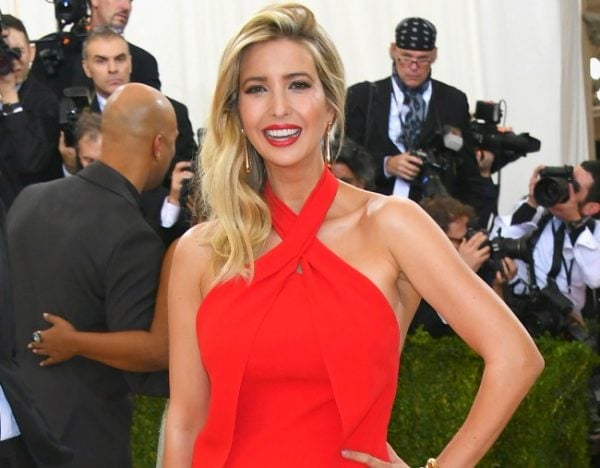“With each of my three children, I had some form of post-partum.”
“Post-partum?”
“Depression.”
So goes the exchange between the US’s unofficial First Lady Ivanka Trump and Dr Mehmet Oz – better known as Dr Oz – on his weekday talk show.
Ivanka, the all-American poster girl for brains, beauty, politics and motherhood, told the world a carefully curated Instagram feed, branding strategy and perfectly tied, ribbon-bearing ponytail are only small slices of her real life.
“It was a very challenging, emotional time for me because I felt like I was not living up to my potential as a parent or as an entrepreneur and an executive. And I had had such easy pregnancies, that in some way the juxtaposition hit me even harder,” she went on.
“I consider myself a very hard-charging person, I am ambitious, I’m passionate, I’m driven but this is something that affects parents all over the country.”
Trump is the mother of Arabella who is six, Joseph who is three and Theodore, aged 17 months.
When pressed by Dr Oz as to why now, after a lifetime in the eye of the public, she chose to tell her story, Trump conceded she hadn’t intended to. She was asked a question and, well, the issue is “incredibly important”.
And yes, the conversation IS important. At a local level, more than one in seven new mums, and up to one in 10 new dads, experience postnatal depression each year in Australia.
As Perinatal Anxiety & Depression Australia (PANDA) says, it can be “a frightening and isolating experience”.

